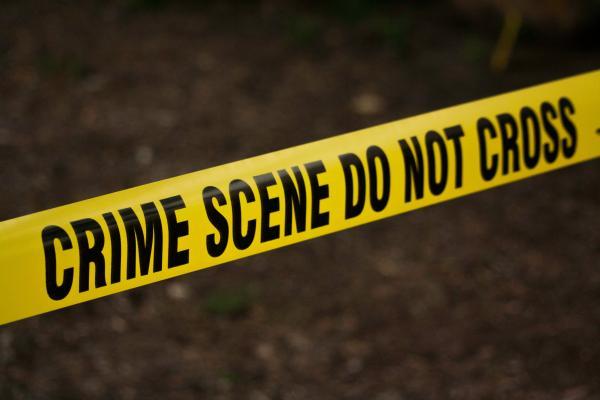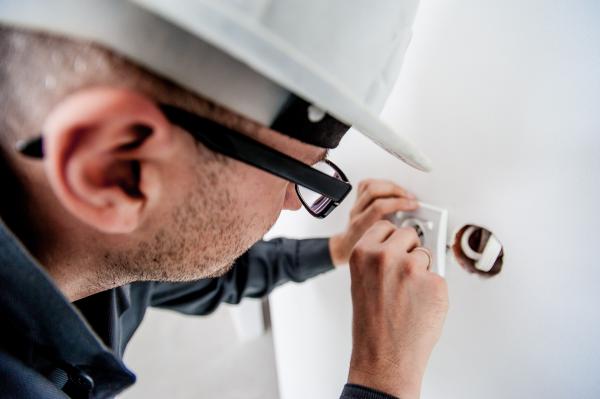Electrical Work: No! Your Handyman Can’t Do That! Says Leading Gold Coast Electrician EJ Barnes
There are tasks you can do yourself. There are tasks you can use a jack-of-all-trades handyman for. And then there are jobs that should only be tackled by a licensed professional.
There are tasks you can do yourself. There are tasks you can use a jack-of-all-trades handyman for. And then there are jobs that should only be tackled by a licensed professional. Electrical work is one of these. As the Queensland Government so neatly puts it: “Don’t do your own electrical work. It’s just not worth the risk.”
According to the Queensland Government, the risk could be a life-or-death matter. And, if that’s not enough you, the Queensland authority warns that it is against the law. In a worst-case scenario, offenders could end up facing a charge of culpable homicide.
But is it really as dangerous as all that? We spoke to EJ Barnes, owner of EJ Electrical Works, about the risks people face when they DIY or entrust electrical work to an unqualified handyman.
After looking at the Queensland Electrical Safety Office’s information, EJ nods agreement: “It’s dangerous alright,” he says. “When I’m on the job, I need to be alert and focused. Electricity can kill. It’s good to remember that all the time.”
It doesn’t end when the job has been safely completed either. “I have to think about the long-term safety of my clients. That’s why I’ve developed inspection checklists that cover everything from the technicalities of the task to service-oriented aspects. The first part is to ensure that the installation is safe. The second part is to make sure we’re leaving the property and the work area looking as our customer would want.”
So How Do We Know That We’re Working With a Proper Electrician?
Anyone who wants to do electrical work has to meet the requirements for licensing and have a valid license. Concerned consumers can check up on someone who claims to be an electrician. Simply note the electricians license number and check it on the Queensland Electrical Safety Office’s website.”
A professional business should look and act professionally. And when the work’s done, the customer should get an electrical compliance certificate and not just an invoice.
An unlicensed person can basically flip a switches in their own home," says EJ. "But seriously, that’s about the limit of it. People will tell you it’s easy to install a switch or a power point or that it’s fine to replace a light fitting or a plug at the end of a lead. It isn’t. The laws are there to keep you safe and doing any of these things is illegal.”
Apart from fines, penalties, or criminal cases related to negligence, there’s also the matter of insurance. If investigators find that the cause of a fire is unlicensed electrical work, your insurance won’t pay out.
Are consumers covered when a licensed electrician makes a mistake? EJ laughs: “We don’t make mistakes. There’s too much at stake! Still, it’s part of our licensing requirements that we have to have some hefty insurance coverage: $20 million public liability insurance and that includes $50,000 in consumer protection. No claims yet, and we’ve been in business as EJ Electrical since 2012. I’m there to make sure it stays that way.”
While some people might mutter about “nanny states” and excessive regulation, our conversation with EJ brought the importance of sticking to the letter of the law home. It really isn’t worth trusting an amateur with electrical work. But aren’t some of these domestic jobs too small for a company like EJ’s?
“Some electricians get picky, and either won’t take small jobs or give bad service,” he admits “But we don’t see it that way. If I give you good service doing something small like replacing a light fitting, you’re going to tell your friends. And you’ll come back to EJ Electrical Works when you need bigger jobs done. To me, a client is a client and a promise made is a promise to be kept.”
You can visit EJ Electrical Works website or call 1300-DIAL-EJ, that’s 1300 342 535.
Written & Syndicated by Baxton Media.



